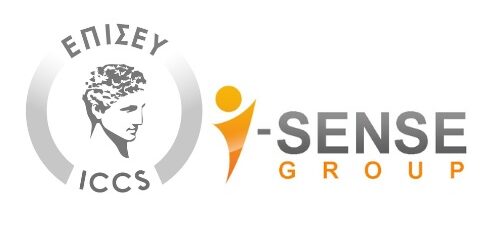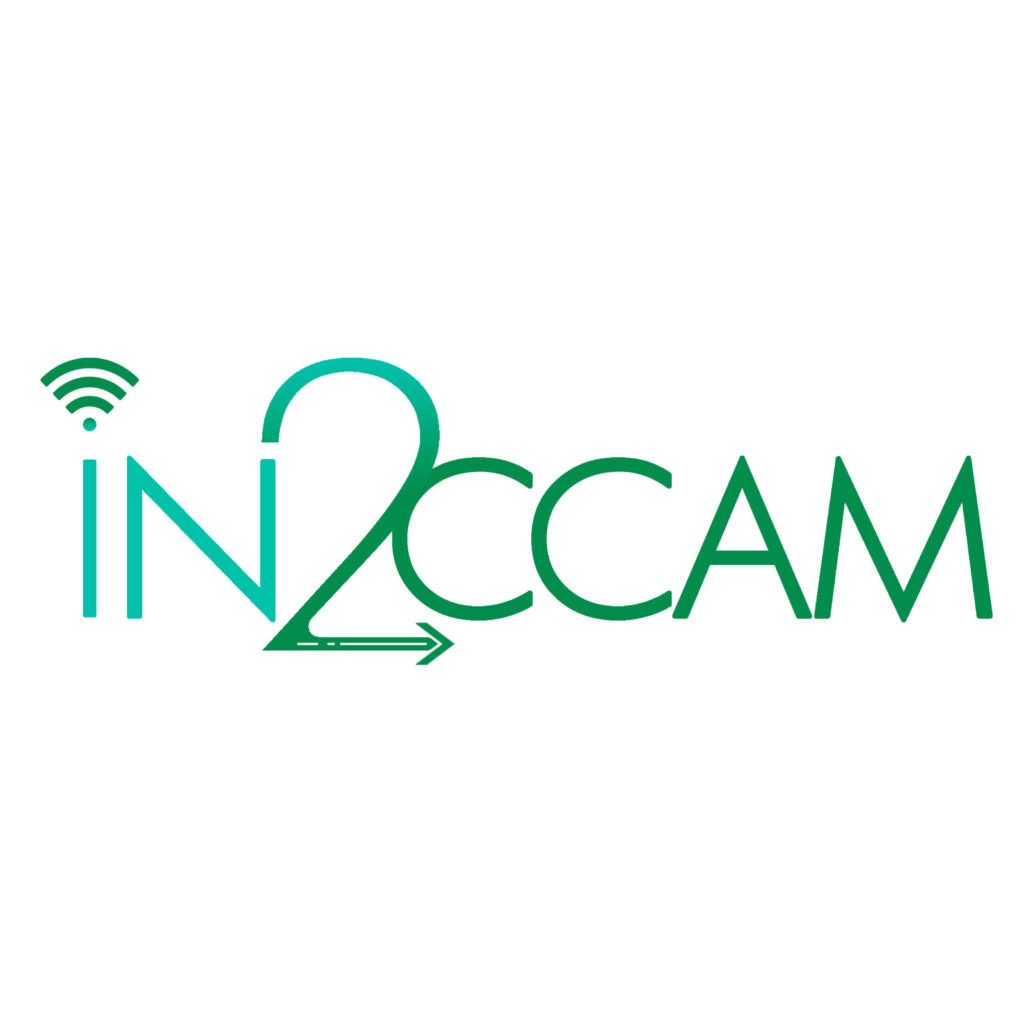The IN2CCAM consortium, according to the vision of Horizon Europe framework programme for 2021-2027 that aims to accelerate the implementation of innovative CCAM technologies and systems for passengers and goods, intends develop, implement and demonstrate innovative services for connected and automated vehicles, infrastructures and users. The goal is providing benefits to all citizens by implementing a full integration of CCAM services in the transport system. The main expected positive impacts for society are: i) safety (i.e., reducing the number of road accidents caused by human error; ii) environment (i.e., reducing transport emissions and congestion by smoothening traffic flow and avoiding unnecessary trips); iii) inclusiveness (i.e., ensuring inclusive mobility and good access for all). To this aim the approach is based on the implementation and integration of enhanced Physical, Digital and Operational Infrastructures to enrich CCAM services and increase safety and traffic efficiency. A set of physical, digital and operational solutions will be proposed and implemented in 4 Lead Living Labs (LLs): Tampere (Finland), Trikala (Greece), Turin (Italy) and Vigo (Spain). Moreover, two Follower LLs will collaborate in the design phase by providing ideas and data assessed by simulation test and validation: Bari (Italy) and Quadrilatero (Portugal).
In the IN2CCAM project, ICCS is represented by one of its Research Groups, the I-SENSE Group. I-SENSE experts will lead (in WP2) the identification and analysis of users’ needs, perceptions and expectations within a CCAM ecosystem. Towards that end, ICCS will also contribute to the a posteriori analysis of users’ attitudes by evaluating the social acceptance and impact of the IN2CCAM innovations. Further contributions will be made to the overall architectural and technical specifications for the IN2CCAM services development, as well as the coordination and integration of those services to the Greek Living Lab at Trikala, in collaboration with our partner E-Trikala.


